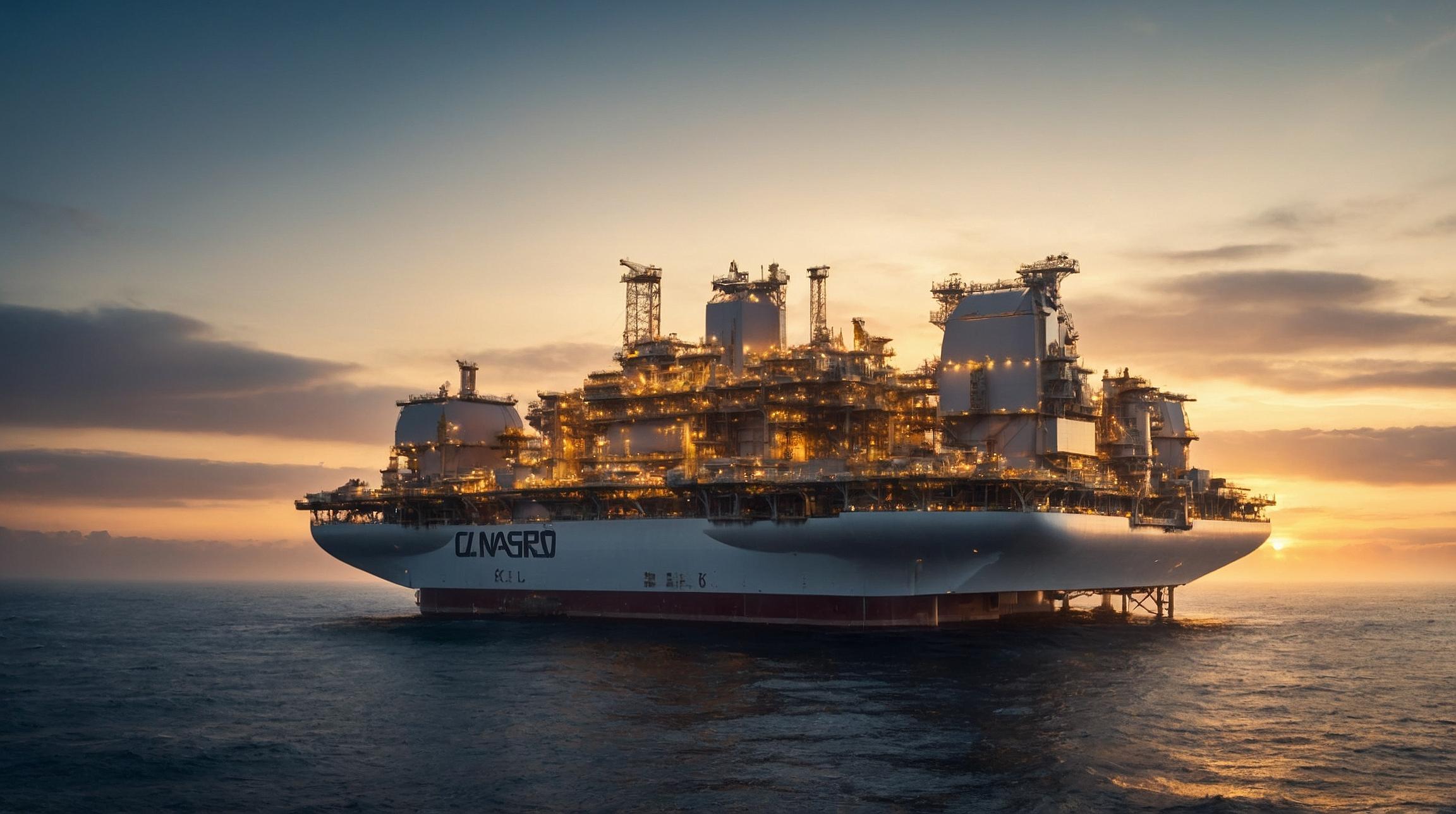UAE Leads Gulf Investment Surge in Africa, Outpacing Global Giants
In a significant shift in foreign direct investment (FDI) dynamics, Africa is witnessing an unprecedented surge in capital inflows from Gulf Cooperation Council (GCC) nations, particularly the United Arab Emirates (UAE), Qatar, and Saudi Arabia. This wave of investments not only underscores the continent's rising appeal as an investment destination but also marks a period of intensified competition among the Gulf states for strategic influence and trade opportunities in Africa.
The UAE has emerged as a global investment powerhouse, securing its position as the fourth largest investor in Africa, trailing only behind China, the European Union, and the United States. According to the 2023/24 Africa Horizons report by Knight Frank, a leading London-based property consultancy, the period between 2012 and 2022 saw the GCC pour approximately $101.9 billion into Africa, with the UAE contributing a staggering $59.4 billion of this total. These figures spotlight the UAE's dominant role in funneling investments into the continent, dwarfing the contributions of its regional counterparts.
The investment landscape is highlighted by Riyadh and Abu Dhabi vying for a pronounced footprint across Africa, each aiming to amplify its strategic presence and bolster trade links. Saudi Arabia and the UAE are not just neighbors but rivals on the global stage, engaging in a silent battle to attract and retain the regional headquarters of multinational corporations. However, Saudi Arabia's investment efforts in Africa, totaling $25.6 billion, while significant, fall short when compared to the UAE's ambitious engagement.
Other Gulf states are not far behind in recognizing Africa's potential, with Qatar, Kuwait, and Bahrain pumping $7.2 billion, $5 billion, and $4.2 billion respectively, into various African economies over the past decade. The primary beneficiaries of these vast investments include Egypt, Morocco, Algeria, Nigeria, and South Africa, nations that stand at the forefront of Africa's economic transformation.
This influx of Gulf capital into Africa signifies a new era of economic partnerships and affirms the continent's strategic importance to the GCC's long-term investment strategies. With the UAE leading the charge, the landscape of international investments in Africa is being redrawn, offering promising prospects for both the continent and its Gulf partners.
Analyst comment
This news can be evaluated as positive as it highlights the increasing foreign direct investment (FDI) from Gulf Cooperation Council (GCC) nations, particularly the UAE, Qatar, and Saudi Arabia, into Africa. The UAE has emerged as a global investment powerhouse and the fourth largest investor in Africa. This surge in investment signals a new era of economic partnerships and offers promising prospects for both Africa and its Gulf partners. In the market, this is expected to lead to increased trade opportunities and competition among Gulf states for strategic influence in Africa.













